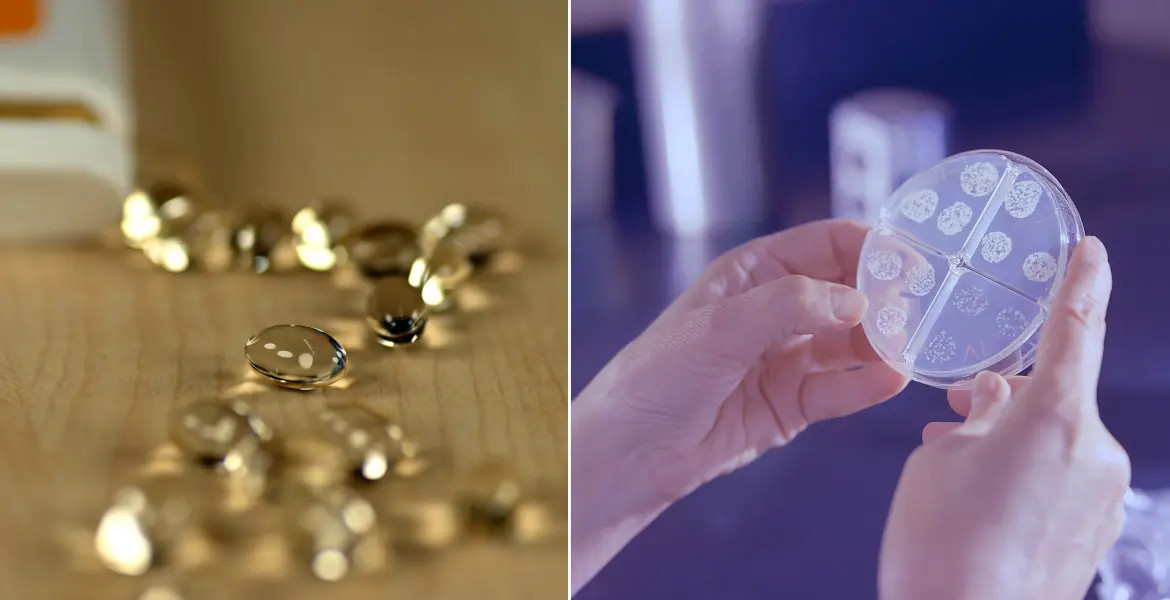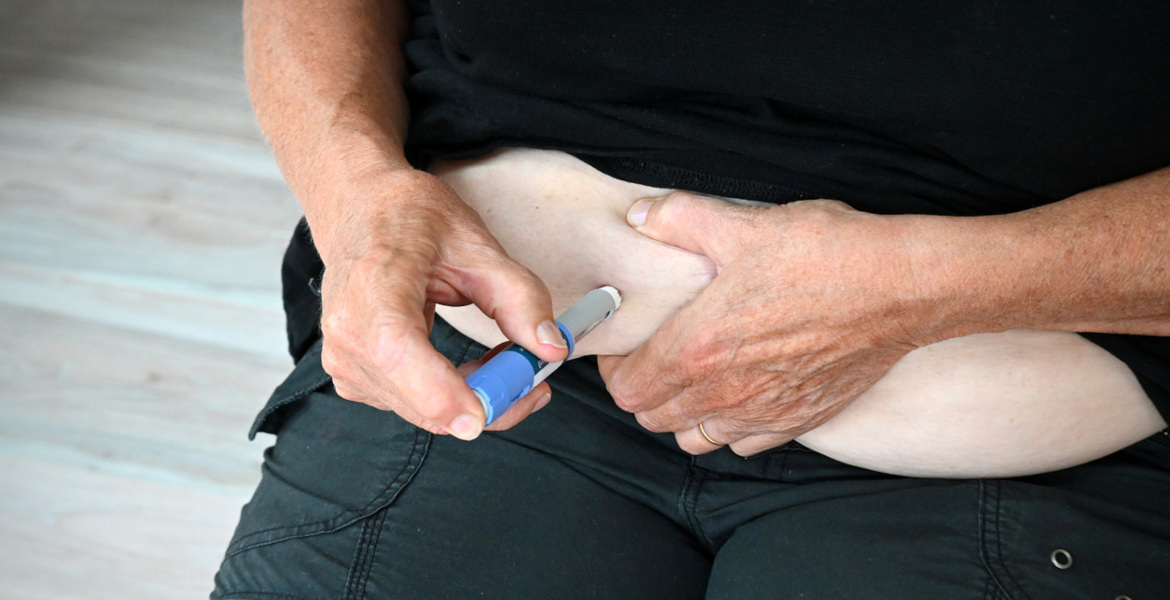In a new study at the University of Copenhagen, researchers have found indications that vitamin D can help the body’s immune system in cases of tuberculosis (TB).
– It may be a good idea to give vitamin D to people who are highly exposed to tuberculosis infection, says researcher Martin Kongsbak-Wismann.
TB is an infectious disease that mainly affects the lungs, but can also affect other parts of the body. Each year around 10 million people contract the disease, killing around 1.5 million. In Sweden, TB almost disappeared at the end of the 20th century, but has partially returned with the increase in immigration from the third world, with most of the people infected in Sweden coming from countries where TB is still common.
Now researchers have shown that vitamin D can play a major role in fighting the bacteria that causes the disease. The study, published in Frontiers in Immunology, was made possible by a patient who was born with a rare mutation that makes her unable to absorb vitamin D.
– We have compared cells from the female patient with cells from patients who can absorb vitamin D, and this showed a difference between the two, explains Professor Martin Kongsbak-Wismann of the LEO Foundation Skin Immunology Research Center at the University of Copenhagen.
The difference was that it was easier for the patients who could absorb vitamin D to fight TB than for the woman who could not absorb the vitamin.
– It is easier for the immune cells of patients who can absorb vitamin D to fight tuberculosis. In the female patient, vitamin D does nothing, her body simply does not react to it, says Kongsbak-Wismann.
TB can be treated with antibiotics and there are also preventive vaccines. However, in the past, the disease was often treated by taking patients outside in the fresh air, especially in the sun, leading researchers to assume that vitamin D may play a significant role. For example, rashes caused by skin tuberculosis (Lupus vulgaris) were also previously found to be curable with ultraviolet rays, for which Danish scientist Niels Ryberg Finsen received the Nobel Prize in 1903. Today, however, light treatments are no longer used, but medication.
However, the study is the first to show that vitamin D can actually improve the immune system’s specific ability to fight TB. Kongsbak-Wismann hopes that the findings will generate more attention to the fact that vitamin D can help in the treatment of TB.
– It may be a good idea to give vitamin D to people who are highly exposed to TB infection, such as the population of specific African countries. Although we still don’t know how different levels of vitamin D affect the risk of infection and the severity of the disease, at least it wouldn’t cause any negative side effects, says the professor.
However, he points out that even if you take vitamin D supplements, you can still get the disease, but you can think of it as helping the body’s immune system.
– It’s not a miracle cure, but it can help, he says.
Facts about TB
TB is usually caused by the tubercle bacterium Mycobacterium tuberculosis and according to the WHO, a quarter of the world's population is infected with TB. Symptoms can include a cough with bloody sputum, fever, night sweats and weight loss.
Although many people carry the disease, it is often not an active infection. Approximately 90% of cases develop an asymptomatic latent infection. When it is not active, it is not contagious, but in active cases it can spread easily in the air through coughing, for example. The disease can also spread between animals and humans. In active cases, i.e. around 10% of cases, the disease is 50% fatal if not treated.








